|
What is in a word? A word as a unit of language is rather innocuous. It can be magical, powerful and can express emotion. It’s the words that are chosen to convey a message, however, that makes all the difference in how the message is received, and also what it says about the speaker. Do you have enough choices at your fingertips? Do you use enough of a variety to assist in your child’s vocabulary growth? “I know nothing in the world that has as much power as a word. |
| Recently we have noticed that words have garnered increased attention in public schools with the January release of Peter H. Reynolds’s book The Word Collector. In Reynolds’s book, Jerome discovers the magic of words and after reading the story, we could see so many creative ways in which the storybook could be used to encourage children to collect their own words for further vocabulary growth. One activity that jumped immediately to mind was creating poetry stacks, similar to what Jerome does in the book. (Check out this article from The Classroom Bookshelf for a whole list of activity ideas). Jerome's story also made us think of all the other picture books that have been published that celebrate words and encourage the reader to find new words to add to their lexicon. These types of books make fun reads as well as bring awareness to words and how important and powerful they can be. Search through the list we have provided below and look for additional titles on your own. Then search for other stories that have rich vocabulary such as The Absolutely Awful Alphabet by Mordicai Gerstein. Check out author and publisher websites and even Pinterest for extended activities or be creative and come up with your own. Who knows, your child might just be a budding logophile, a lover of words! |
Picture Books Celebrating Words & Word Play
Happy reading!
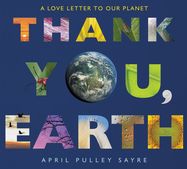
A poetic thank you note set against stunning photographs that capture the many beauties and wonders of our planet, this book pays homage to all that the Earth has to offer us and concludes with heartfelt words that will resonate with readers of all ages: “Thank you for beginnings, for endings, for lifetimes. Thank you for being our home.” An appendix in the back of the book offers activities and ideas for ways in which readers can show their appreciation for the Earth.
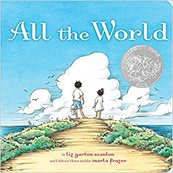
This book may not seem like an obvious pick for Earth Day, but the moving text and breathtaking illustrations show the wonders and beauty to be found all around us. It is a poetic celebration of the little things and a reminder to appreciate all the world.
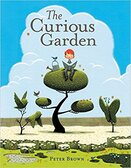
While taking a walk on a drizzly day through his very gray and dreary city, Liam comes upon a tiny, struggling patch of plant life up on the old railway. He decides to tend to the little patch and become its gardener. Although Liam does not know how to be a gardener, he does his best and slowly learns all that he can about taking care of plants. Inspired by New York City’s High Line, Liam’s story shows us that anyone can be a gardener and take care of a little patch of Earth.
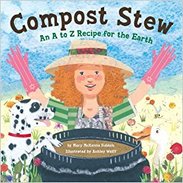
Have you ever wanted to start a compost pile for your garden? Have you ever wondered what can be put into a compost pile? This book is a rhyme-filled introduction to all the things that can be composted, from apple cores to zinnia heads!
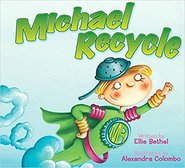
Reminiscent of Dr. Seuss’s Lorax, Michael Recycle is a superhero who travels from town to town teaching the citizens how to be green and recycle. The illustrations are bright and cartoon-like and the text has a nice rhyming flow that adds to the enjoyment of reading this book aloud. At the end of the book you will find “Michael Recycle’s Go Green Tips,” which features an array of simple things you and your family can do to live a greener life.
*Extended activity: Using recyclable items and/or natural materials you collect while outside exploring, help your little one think outside of the box and make something new with the various things you have saved/found. It could be a simple piece of art or a new useful tool, the possibilities are endless!
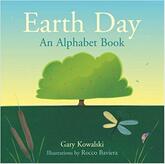
Learning to appreciate all of the wonders of our Earth is as simple as learning the ABCs with this picture book. As readers move through the alphabet they will see animals and plants represented by each letter and gain an appreciation for our world.
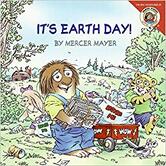
Little Critter is on a mission to reduce, reuse and recycle in order to do his part to help save our Earth.
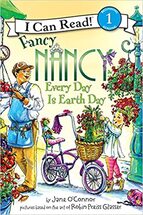
What does it mean to 'be green?' As Nancy explains, it means taking care of our planet and in this story Fancy Nancy learns the rules for being green. She also does all she can to make sure her family is living the green life. But does she take her newfound passion a bit too far...? This particular title is an I Can Read Level 1 book perfect for those just learning to read on their own.
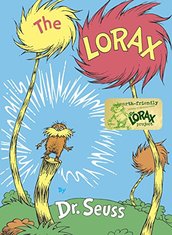
No Earth Day book list would ever be complete without The Lorax. A timeless classic, written long before the Green Movement began, this story perfectly shows the consequences of our actions, but offers a message of hope that things can change, if we just care.
*Extended Activity: After reading the book together, snuggle up , watch the film and then make your own truffula trees likes these from Art Projects for Kids. You could even make your own truffula tree forest with these life-size ones from Mrs. Lodge’s Library!
“UNLESS someone like you cares a whole awful lot,
nothing is going to get better. It’s not.”
-The Lorax-
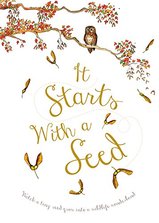
Follow along as the rhyming text takes you through the life of a sycamore tree, from a tiny seed, to a young sapling and eventually a large tree. Also shown are all of the woodland creatures that call the tree their home, thus introducing young readers to the complex relationships that exist in nature. This is a factual story that feels more like an evocative poem with the most exceptional illustrations.
*Extended activity: Learn about the process illustrator Jennie Webber used by watching this video.
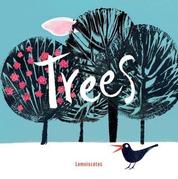
Much like It Starts With a Seed, this book is a lyrical homage to trees and all that they do for life on Earth. As the striking illustrations help the story move through the seasons, the reader sees what happens to trees at different times of the year.
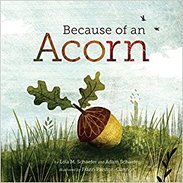
Simple text takes the reader through the many connections present in a single ecosystem: “Because of an acorn, a tree. Because of a tree, a bird. Because of a bird, a seed."
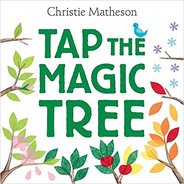
Help a tree navigate its way through the seasons in this fun, interactive story! As in Herve Tullet’s Press Here, this book requires the help of the reader to make things happen. Follow the instructions to tap, pat, clap, wiggle or jiggle the book in order to see all that a tree undergoes as the seasons change.
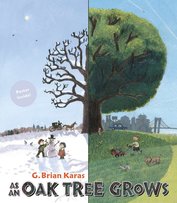
This unique book offers a time-lapse look into the life of an oak tree and how the world changes around it over 200 years. Beginning in 1775 with a little boy planting an acorn, the text and detailed illustrations show the various ways in which life altered with the advent of new technologies and increase in population.
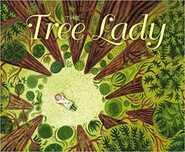
Katherine Olivia Sessions was the first woman to graduate from the University of California with a degree in science. Having grown up amongst the towering redwoods of northern California, she decided her new home of San Diego needed trees and so she started a movement that would transform the city from a desert town to a lush, green oasis. This picture book biography offers an inspiring story about following your dreams.
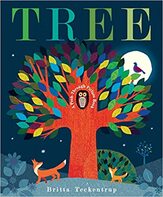
Peek through the hole in the cover of this picture book into the habitat of a tree. What types of animals call this tree home? How does the tree change as the seasons change? Bright, detailed illustrations bring this busy world to life and the rhyming text makes the book a delight to read aloud again and again.
Happy reading!
Kate @ BTBL
Author
We are three generations that seek a way to get back to basics. It’s not that we eschew technology, but sometimes simpler is better, especially in raising our children. Mom was a reading teacher, Amanda is an early childhood educator and Kate a children’s literature specialist and former school librarian along with the latest additions, a daughter (now 4) for Kate, and two sons (now 1 and a newborn) for Amanda. We advocate reading aloud, the simple toys that use imagination and encourage creativity and learning in the kitchen, which can be a fun mess but also teaches life skills. Join us in raising healthy, happy, inquisitive and intelligent children.
April is School Library Month!
Imagine further that in this space there are students not sitting apart from one another, working silently and independently, but rather sitting in small groups or pairs, discussing, debating, collaborating and furthering their knowledge together. Perhaps some of these students are even taking part in a performance or presentation of some kind.
Do you have that space in mind? Can you envision the different types of learning taking place? Can you see the vast array of materials and resources at students’ and teachers’ disposal?
The amazing space to which I refer is the school library, sometimes referred to as the learning hub or learning commons today, and sadly it is a space rapidly disappearing from many of our schools.
With school budgets tightening their belts, school libraries are continually finding themselves at risk of being cut out to make room for other resources. A vast number of school libraries are operating without a certified librarian present to assist and guide students with conducting research, identifying reliable sources, formatting essays and citations, or selecting books or other reading materials. While some schools do have a person employed as a library aid or paraprofessional, these people are generally not qualified or knowledgeable enough to fulfill the role of a true certified school librarian. This common practice is a disservice to both students and staff, particularly in this time of startlingly low literacy rates. It is a consistently proven fact that schools that have a fully funded library with a certified librarian have higher student achievement and reading scores and yet, far too many of our schools look to the library first when making budget cuts with no plan in place to ever return its funding or look for new funding avenues.
Consider that in a school library students not only have the opportunity to collaborate with other students and staff in an area filled with books and various technologies, but they also get to hear fluent readers bring a story to life, thus increasing their vocabulary and building background knowledge, even in the middle and upper grades. Additionally, the school library is often the only way that some students have access to books outside of their classroom. As far back as 1740, Benjamin Franklin recommended school libraries as an essential, key element of the ideal institution of learning. So, why is it then that they are now disappearing, when they are needed more than ever?
The school library is more than a space that houses books and computers. It is the heart of the school. Some schools call it the the “Learning Commons” or "Global Learning Center," and are recognizing that it truly is the epicenter of the school, the central hub of learning and collaboration, not just among students, but among the teachers as well. School librarians bring with them a wealth of skills and knowledge that reach far beyond simply taking care of books. In today’s technological world, school librarians are equipped with the skills and knowledge necessary to guide our students through the confusing realm of digitized information and communication, imparting digital literacy and citizenship skills our students must have for continued success in education and, eventually, the workforce. Even more importantly, today more and more school librarians are trained in literacy education, including reading development and instruction and are, therefore, an additional valuable school resource available to students, teachers, administration and to the community of parents as well.
This April celebrate School Library Month by showing your support of these sacred hubs of knowledge, curiosity and collaboration. A great way to start is by signing the petition on EveryLibrary’s activism site SaveSchoolLibrarians.org and by encouraging your children and/or students to utilize their school library and by letting your schools know that you and your family value the library and its continued funding. Show your support on social media with the hashtag #SaveSchoolLibrarians!
"A poem begins in delight and ends in wisdom."
-Robert Frost-
Pointless, too scholarly or just plain boring is what has been said by some about reading poetry but perhaps they just haven’t been introduced to poetry that speaks to them. Poetry can be narrative, dramatic or lyrical. It can be serious or it can be humorous. There are many types of poetry and so many poets, both classic and modern that in honor of April being Poetry Month, we are asking you to afford poetry a bit of time in your daily life. Explore and share some poetry, for reading poetry truly does enhance one’s life.
- Poetry can be a quick read when time is short or listeners have short attention spans. Ideas and emotions can be conveyed within a few lines and when children wish to express their own emotions in writing, they can do so in a few lines of poetry.
- Young children are instinctively drawn to rhymes and the rhythmic pattern of language in poetry and when children learn and recite poems, they are learning vocabulary, spelling, grammar and phonemic awareness.
- Vocabulary improves with reading and writing poetry. Words need to fit into the rhythm and flow of the poem and those words may not always be the ones that are generally used in everyday conversation, so new words are learned from reading or sought out in writing poetry.
- Memorization skills are developed naturally through listening to and reciting poetry and rhymes. As nursery rhymes, poems and verses are repeated to a child they will learn them by heart or commit them to memory and be able to recall them with ease. Memorization strengthens the power of the mind and exercises the brain. It will help an individual to build up and store a wealth of knowledge that can be called upon later in life.
“Every day we should hear at least one little song, read one good poem, see one exquisite picture
and if possible, speak a few sensible words.”
-Johann Wolfgang Von Goethe-
*Note: this post contains Amazon affiliate links. Each purchase made via the links provided helps support our literacy efforts!
Author
We are mom Sandra and daughters Amanda and Kate, all with backgrounds in literacy and education, who want to share our philosophy of taking the basics of life; books, simple toys that encourage play, imagination and creativity, and using cooking and baking to teach math and real life skills to raise happy, inquisitive children. Join us in exploring the old and the new and sifting through the myriad of research to consider what is best for our children.
Archives
June 2022
January 2022
November 2021
September 2021
July 2021
March 2021
February 2021
January 2021
November 2020
October 2020
September 2020
August 2020
July 2020
June 2020
May 2020
April 2020
March 2020
February 2020
January 2020
December 2019
November 2019
October 2019
September 2019
August 2019
July 2019
June 2019
May 2019
April 2019
March 2019
February 2019
January 2019
December 2018
November 2018
September 2018
August 2018
July 2018
June 2018
May 2018
April 2018
March 2018
February 2018
January 2018
December 2017
November 2017
October 2017
September 2017
July 2017
April 2017
September 2016
August 2016
Categories
All
ABC Books
Alphabet Books
Arbor Day
Autumn/Fall
Background Knowledge
Back To School
Ballet Books
Banned Books Week
Board Books
Book Advent Calendar
Book Finds
Book Quotes
Books
Book Sales
Bookworm Bakers
Boredom
BTBL Rocks
Bugs/Insects
Calendars
Censorship
Children's Book Week
Christmas
Coloring
Cooking
Creativity
Dewey Decimal System
Dr. Seuss
Early Literacy
Earth Day
Easter
Environmental Print
Extended Activities
Fairy Gardens
Fairy Tales
Family Literacy Month
Farmers Markets
Flowers
Gardening
Get Caught Reading Month
Gratefulness
Halloween
Hands-On
Hanukkah
Holidays
Homeschooling
Imaginative Play
Inspiration
Intellectual Freedom
Kids In The Kitchen
Kindergarten
Kindness
Kindness Rocks Project
Language
Learning
Libraries
Library Card Sign-up Month
Magnets
Manners & Etiquette
Math
Natural Playgrounds
Natural Reader
Nature
New Year Resolutions
Number Books
Nursery Rhymes
Outdoor Play
Picture Books
Play
Poetry
Puzzles
Read Across America
Reading
Reading Aloud
Reading Comprehension
Reading Month
Repetition
School Libraries
Screen Free Week
Spring
STEM
Storytelling
Storytime
Summer
Summer Slide
Teaching
Tell A Fairy Tale Day
Thanksgiving
Toys
Unplug
Used Books
Valentine's Day
Vocabulary
Winter
Winter Books
Words & Word Play
World Read Aloud Day
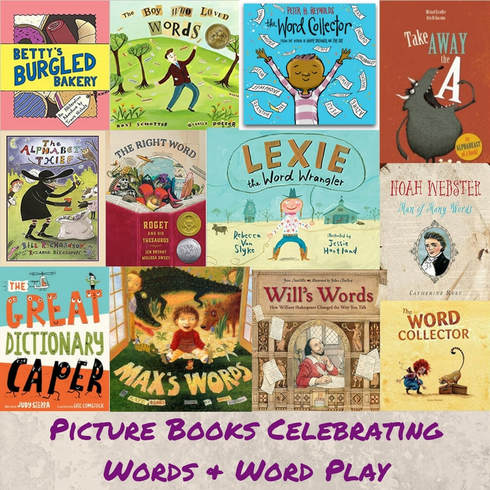
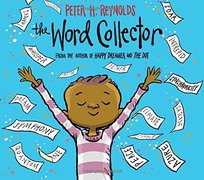
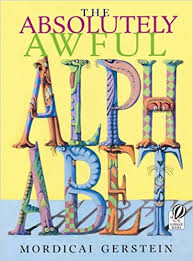
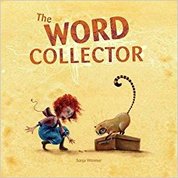
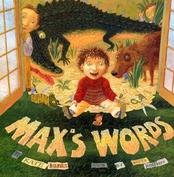
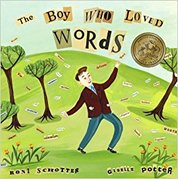
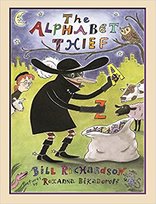
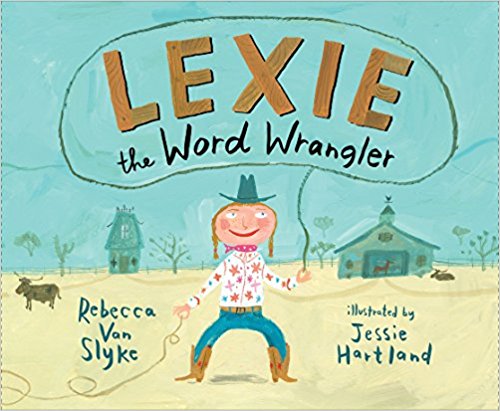
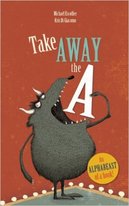
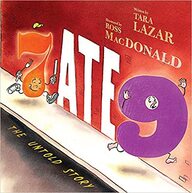
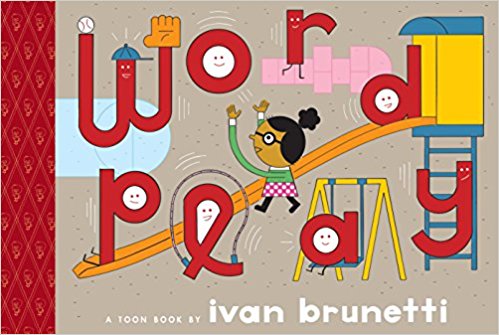
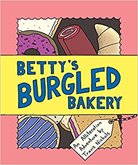
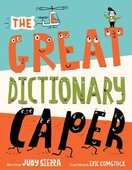
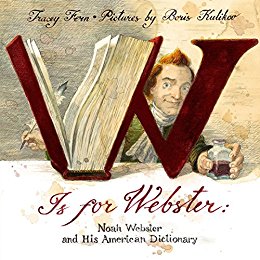
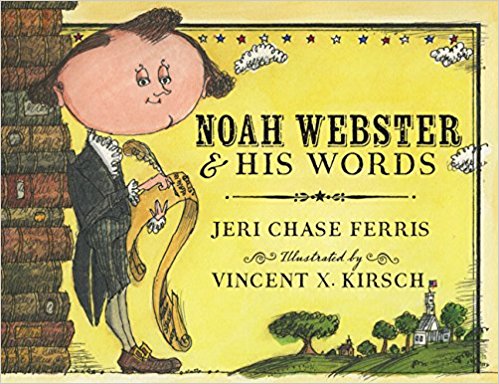
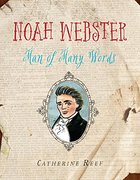
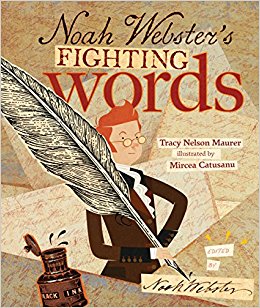
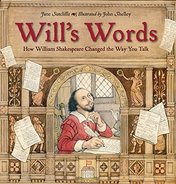
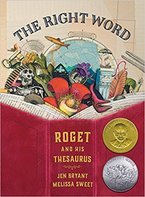
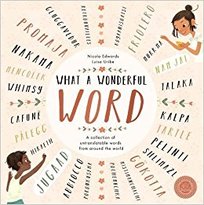
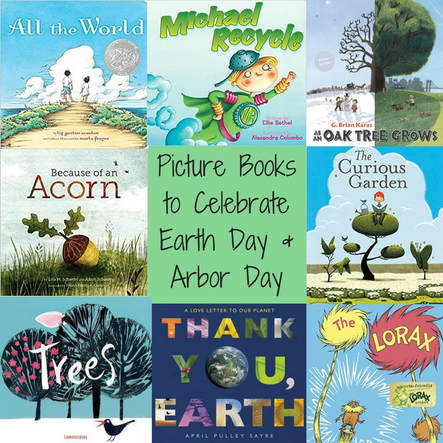

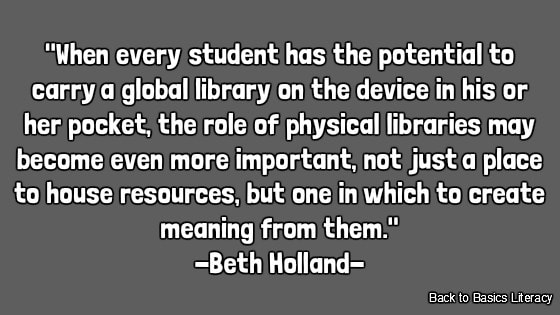
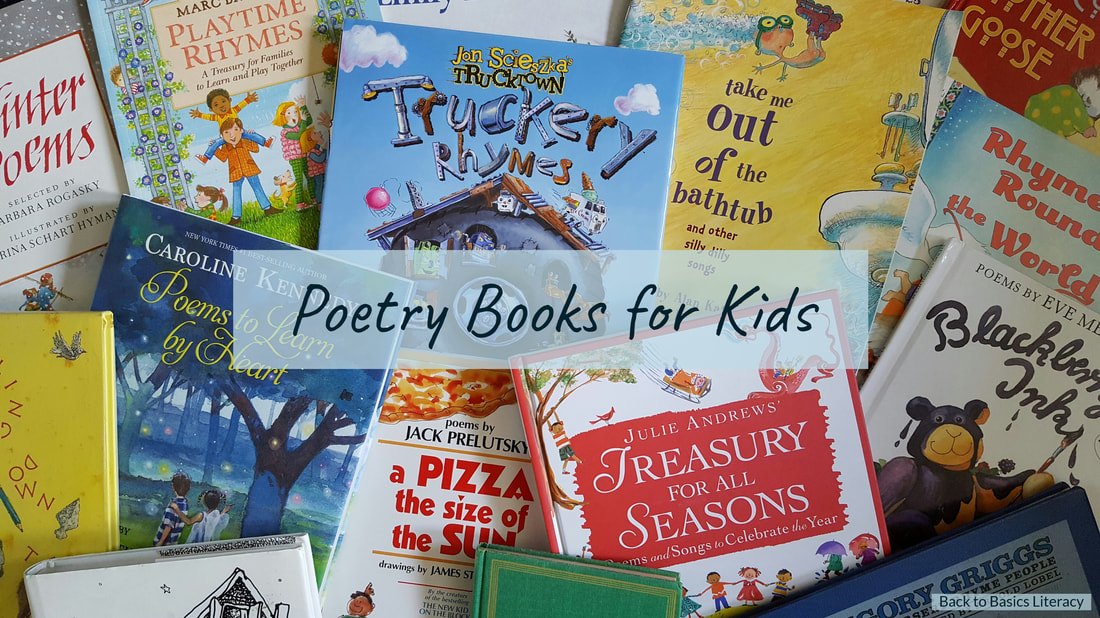
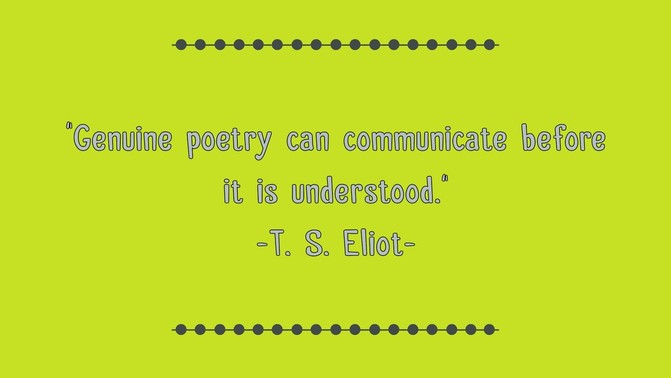
 RSS Feed
RSS Feed